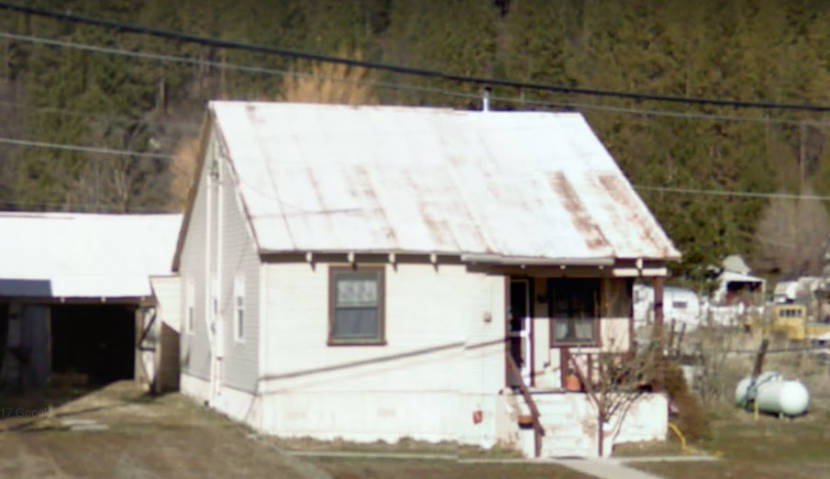
The largest wildfire in California’s history is burning a destructive swathe that, as of Monday, is nearly 900 square miles. Some historic communities, like Greenville, have been devastated. Former Juneau radio reporter Greg Knight grew up in the Sierra Nevada mountain community, and he recently learned his childhood home was among the buildings consumed by the blaze. He spoke with CoastAlaska’s Jacob Resneck about the Dixie fire’s rampant destruction and his own personal loss.
Jacob Resneck: Greg, take us to Plumas County. We’ve seen some awful images there of literally entire downtown blocks razed by fire. How bad is it from what you’re hearing?
Greg Knight: Greenville is home to about 1,000 people, and it was a gold rush town. And most of the buildings date into the 1860s and 1870s in downtown not counting the new developments. But you’ve got families that raise cattle and raise horses there for over 100 years. And so there’s this certain sense of community that — it’s kind of gone now.
Jacob Resneck: There’s little rain this time of year, and the terrain down there is really remote and mountainous. So it seems like Greg, these wildfires in California and elsewhere in the Pacific Northwest seem to be happening with more and more regularity.
Greg Knight: That’s true. It seems like as we get more and more in the climate change. A couple of years ago, we had the fire down in Paradise, which totally devastated that town. And luckily, it avoided Plumas County. But this year, I guess it was our turn.
Jacob Resneck: Wildfires are also becoming more common in Alaska. The Southeast is a rainforest and we have had pretty bad droughts. A few years ago, it got pretty extreme in 2019. But here in Juneau, it’s easy to forget how dry much of the rest of the Pacific Northwest is. How did it happen? How did it come to happen in California?
Greg Knight: Well, the drought actually took off in a wild, wild way in the last two years. So three years ago, we had a record snowball, and it filled Lake Oroville, to the point where the hydroelectric dam was actually producing power again. And then, you know, in the last two years, there’s been [little] snowfall. There’s been [little] rainfall, there’s been [almost] nothing. And you know, Lake Oroville has been reduced to a creek. And so there’s no water left. I mean, so what they do is they bring in these water tender airplanes to try to put out fires. And if they can’t suck the water out of the lake, they’ve got nothing. And so really, in reality, today, we’ve got [almost] no water in Northern California.
Jacob Resneck: So Greg, I have to ask you, so what do you do now? Do you try and rebuild?
Greg Knight: My home is gone I have like an 80-by-100 foot flat of property that’s just a cement slab and I’ve got nothing left. And so really, my plan now is to try to get home in the next month or two and grab my boots, grab a pickaxe and tear down what can’t be saved and then rebuild what we can.
